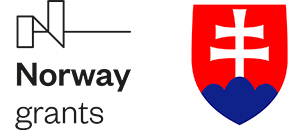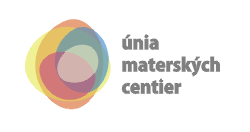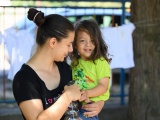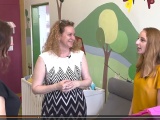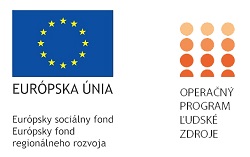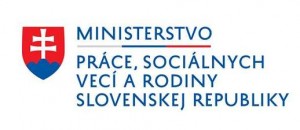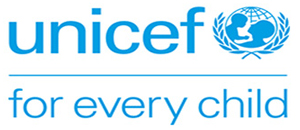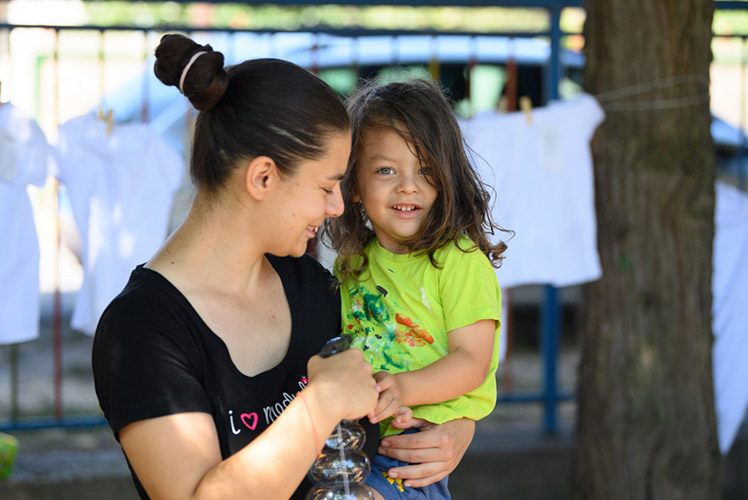
The Women Who Changed Their Communities Conference
2. októbra 2023We’ve been collecting materials for almost two years. We talked to you – to women who change their communities and to those who did it before you. We thought about, researched and analyzed what they must’ve done to change the world around them and turn it into a better place for life.
So take a moment and come to the WOMEN WHO CHANGED THEIR COMMUNITIES conference, were we will talk about what we found out. We will meet up and inspire each other. It is important.
18. 10. 2023 from 9.00 to 15.30 in the Slovak National Centre for Human Rights in Bratislava.
You can find the programme below and the application here:
Application for the conference
This conference is being implemented as part of the “Women in The Community – from charity to equal work in communities” project, which is supported by the Domestic and Gender-Based Violence Programme financed by the Norwegian Financial Mechanism 2014 – 2021 and the state budget of the Slovak Republic.
“Working together for a green, competitive and inclusive Europe”
Women Who Changed Their Communities
Imagine your town or village without what women built in it. Often voluntarily, without entitlement to remuneration. Spaces for the youngest children and their parents. Informal education for the young and old. Exchanges of anything – from clothes to toys and books. Carnivals, mini-festivals. Reading clubs. Community gardens and self-help playgrounds. Helping the less fortunate, all that fundraising, or tutoring.
We often don’t even know the names of those who made it all happen.
The “History of Care” is almost nonexistent in our community – they are not being taught, it is rarely seen in public discourse. All the good things that make it up seem so banal that they’re easily overlooked. Similar to how at home, we overlook that behind every Sunday lunch, every clean sheet, every caress and acceptance, every “it’s always pleasant here”, “they treat me fairly here” and “I can return here anytime that things are bleak”, is someone specific – some woman.
How to look at the phenomenon of care in the Slovak environment? How to get the topic of its value across to political elites and local authorities. To schools. How should it be viewed in terms of the possibilities of supporting it from public resources? And how our society creates conditions to be seen as important by employers?
More information coming soon…
Women Who Changed Their Communities – Programme
9.15 – 10.30
part no. 1
How we researched the life of women who changed their communities
the results of qualitative research on oral herstory carried out by the Union of Mother Centers in 2021-23
10.30 – 10.45 coffee break
10.45 – 12.15
part no. 2
Why there is so little talk about the importance of care in Slovakia. Is it really a certainty?
The names of women who founded women’s associations, later mother and family centers, which invigorated community spaces and lives of those who were always present when someone, some group of people, needed help are often unknown – both in the past and today. We are not being taught about them, they are not in the overview of those who are “important”. The value of their work is low. Although it often brought new ideas and significantly changed the quality of people’s lives. What are the reasons for this state? How do we bring the phenomenon of care and its value to the public’s attention? And how can we build respect for it?
12.15 – 12.45 coffee break
12.45 – 14.15
part no. 3
How do formal authorities and institutions perceive the phenomenon of care? And how are public resources allocated to projects related to it?
Many activities carried out by women in different professions – not just specialists – bring unexpected revitalization to communities and public spaces. New forms of educating small children and their relatives, various programs, community development, education, culture or care for public spaces. How can the state, but also the local government respect and support them? And why is it so hard for women to get involved in decision-making about public resources?
14.15 – 15.00
part no. 4
discussion with the attendees
Implemented with the support of:
In cooperation with:

“Working together for a green, competitive and inclusive Europe”
